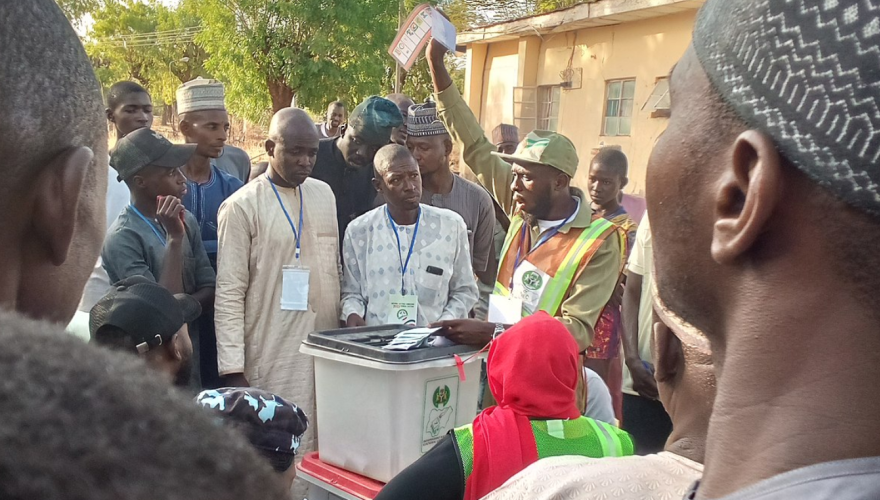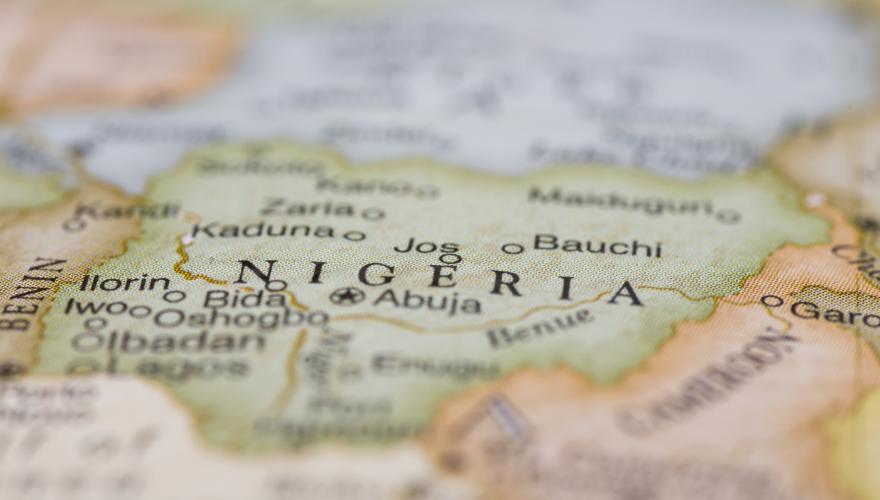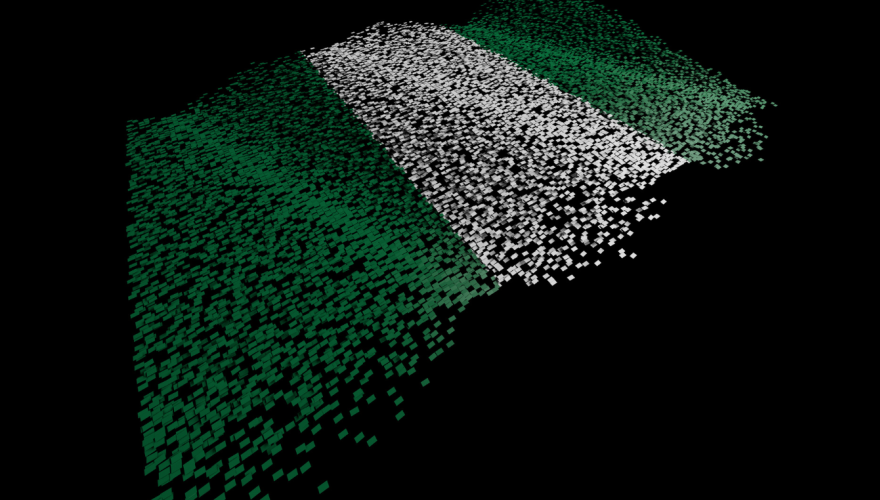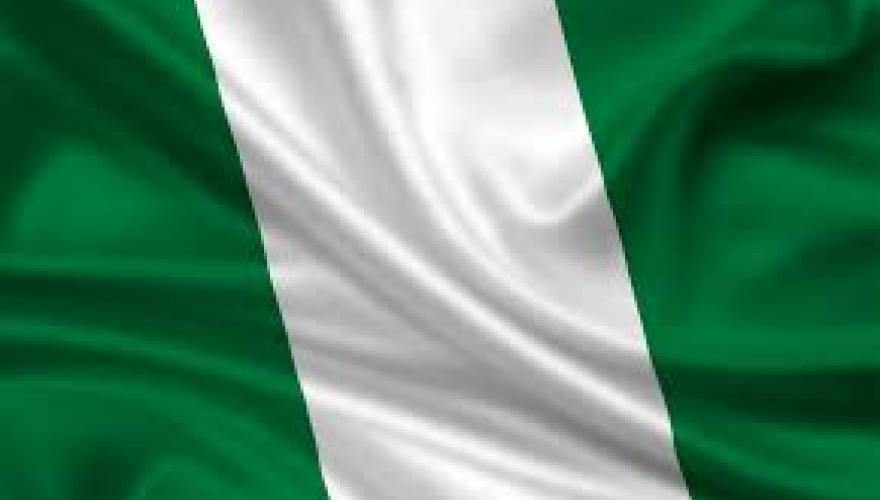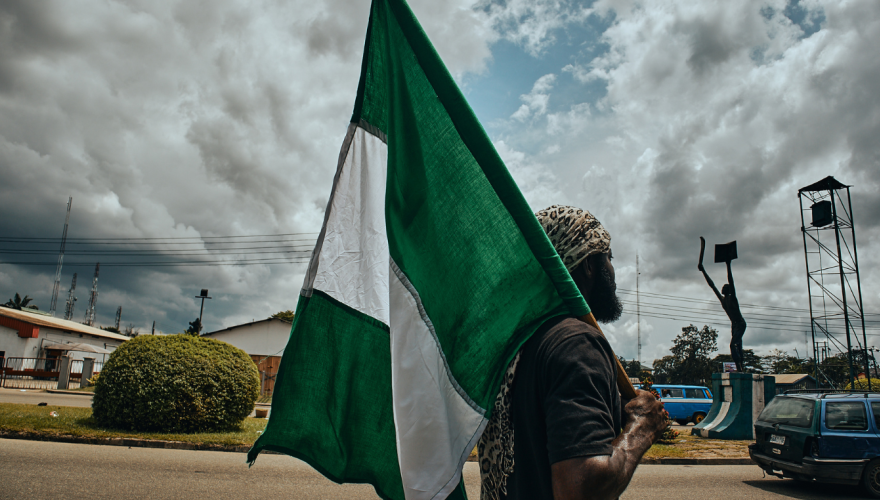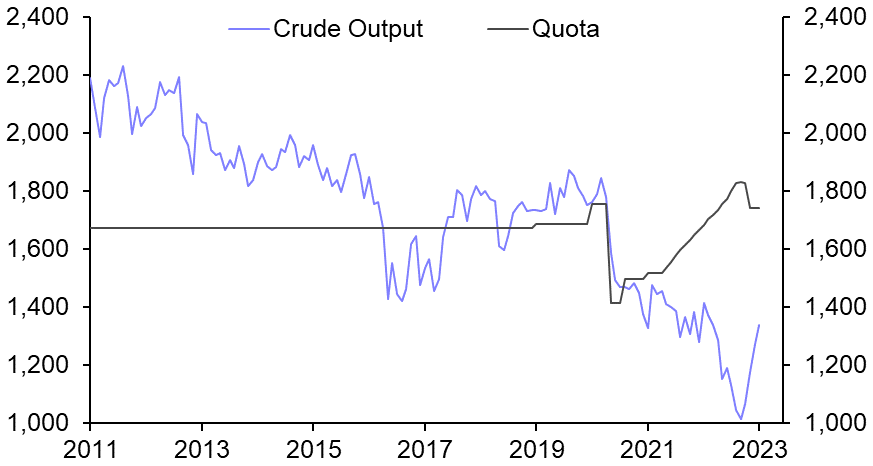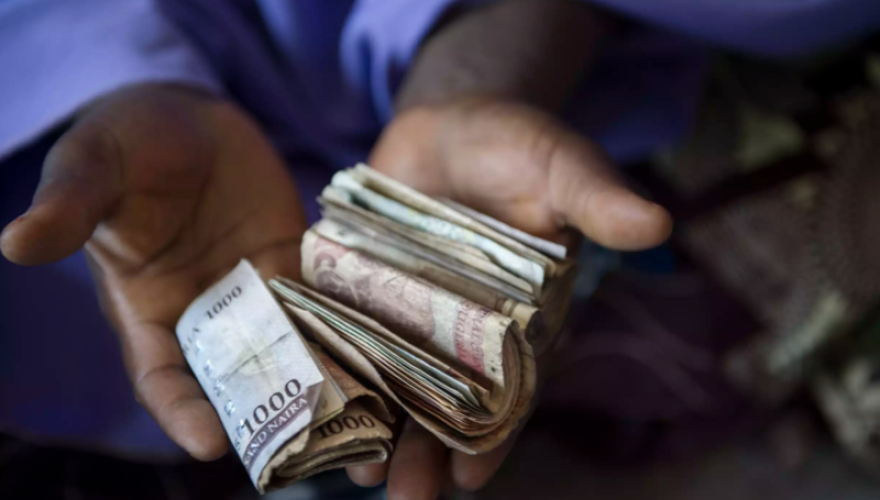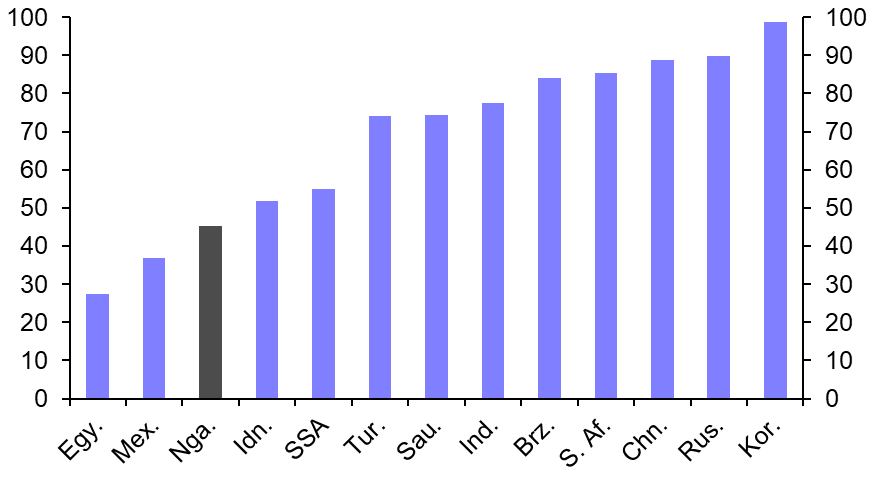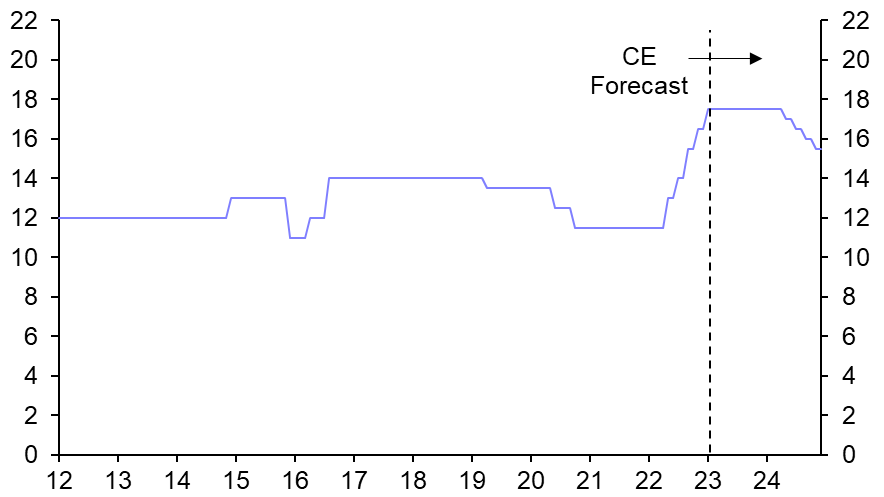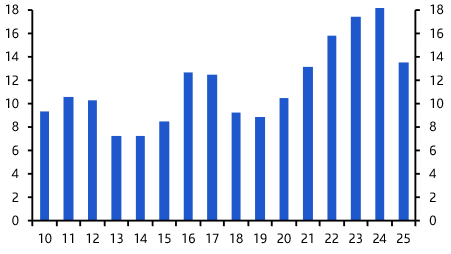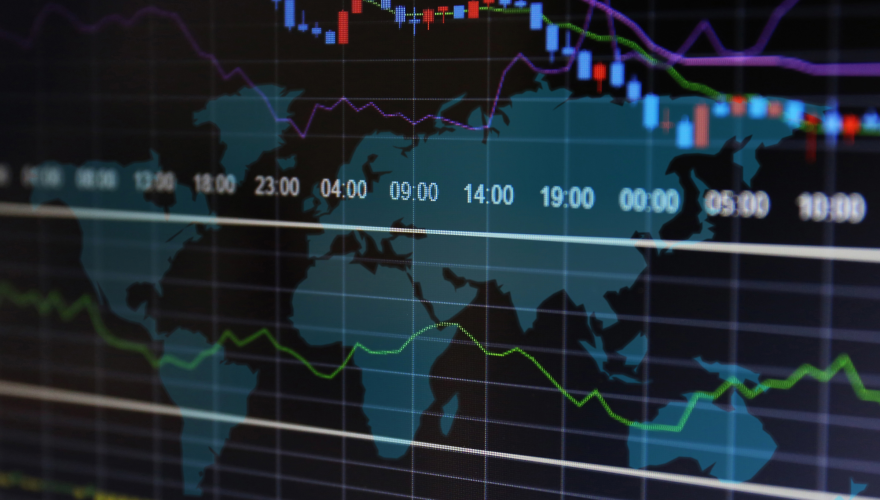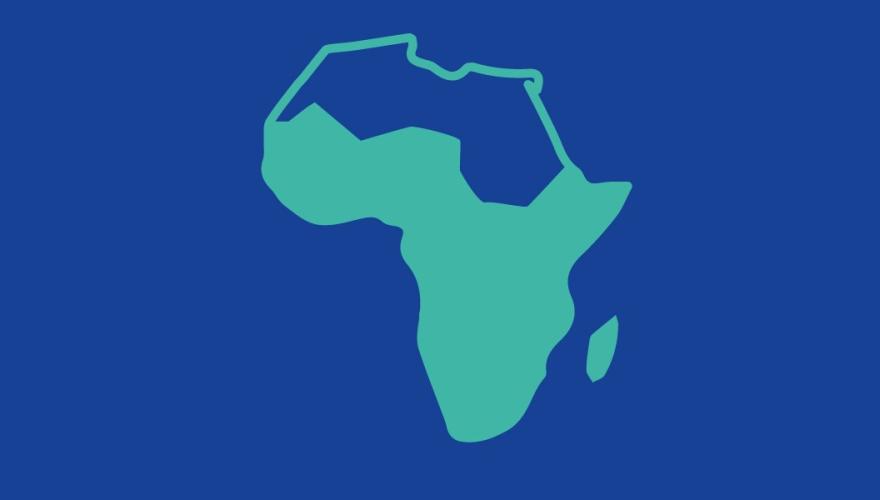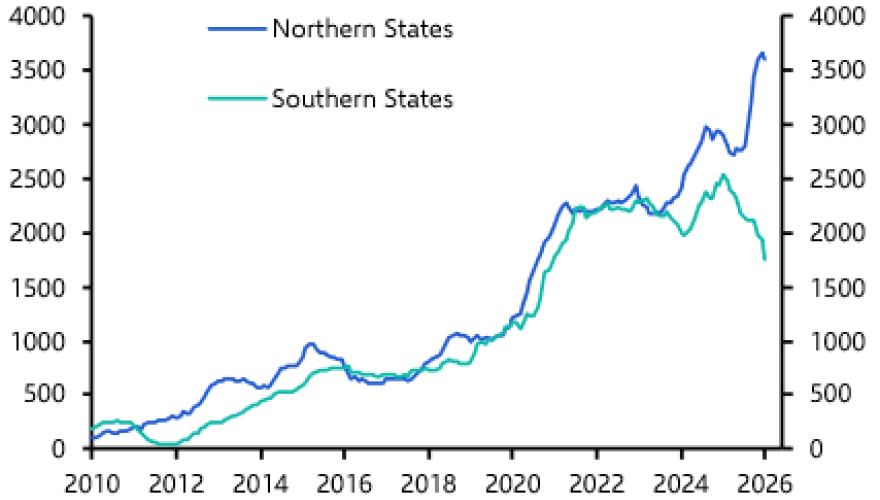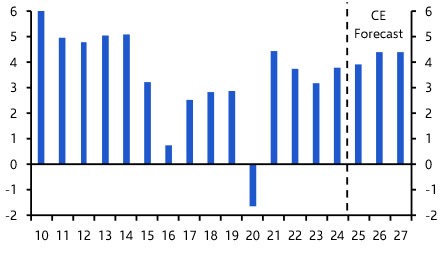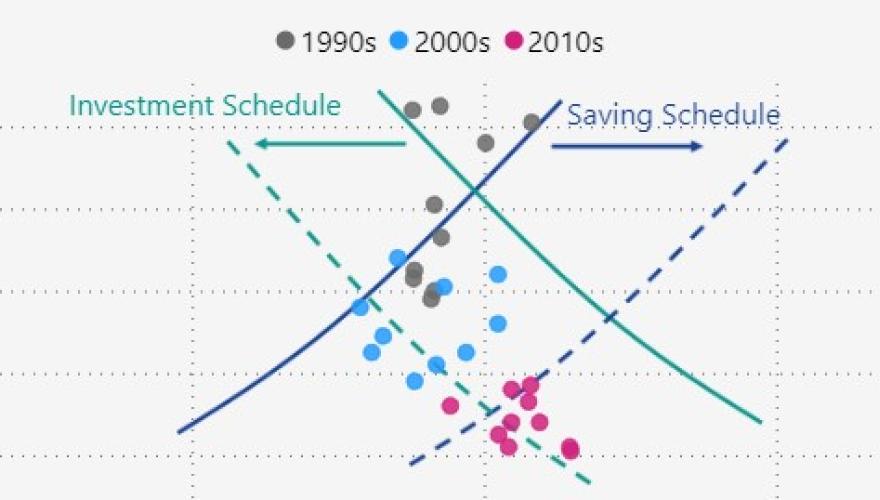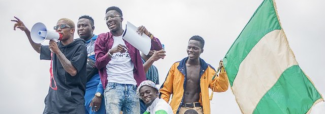
Nigeria's crunch election
How 2023's presidential race could decide the economic future of Africa's biggest economy
Nigerians voted at the weekend in a presidential election whose outcome could bring relief to Africa's biggest economy after years of mismanagement. They faced a stark choice, from the continuity of the ruling party's Bola Tinubu to the seemingly pro-business platform of the PDP’s Atiku Abubakar to wildcard Peter Obi's pro-market reform pledges. And ahead of any final result, there's a high chance of a run-off and subsequent political uncertainty. Follow this dedicated page for our latest and most relevant insight into the 25th February election, its aftermath and its economic stakes.
Key election-related coverage
All Nigeria economic coverage
Nigeria Election FAQ
Q: When are Nigeria’s elections taking place?
A: General elections are scheduled for 25th February with voters electing a new president as well as members of parliament, followed by state leadership elections taking place on 11th March.
Q: How does Nigeria’s election system work?
A: To win the presidency, a candidate will have to secure a majority of votes overall and more than 25% of votes in at least two-thirds of states. Otherwise, a runoff will be scheduled between the two leading contenders.
Q: Who are the main presidential hopefuls?
A: The three main contenders for the presidency are Bola Tinubu of the ruling All Progressives Congress (APC) party, Atiku Abubakar of the Peoples Democratic Party (PDP) – the main opposition – and Peter Obi of the Labour Party (LP) .
Q: What platforms are key candidates running on?
A: By and large, the ruling APC party’s Bola Tinubu offers continuity and with it, unorthodox policies. Meanwhile, the pro-business campaign of the opposition PDP’s Atiku Abubakar is somewhat half-hearted under the hood. Labour Party candidate Peter Obi offers an even more meaningful shift towards market-friendly reforms, albeit with less growth-friendly measures also included in the proposed policy-mix.
Latest analysis
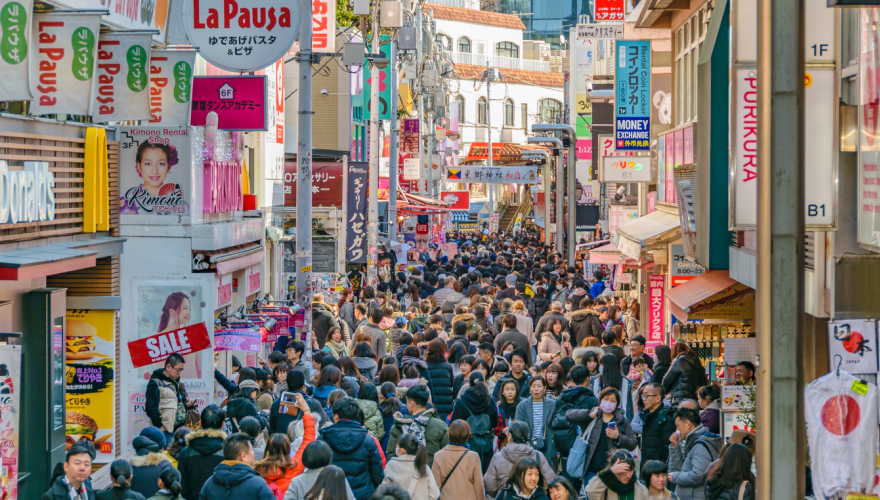
US Economics Focus
Global risks and the outlook for EM dollar sovereign bonds
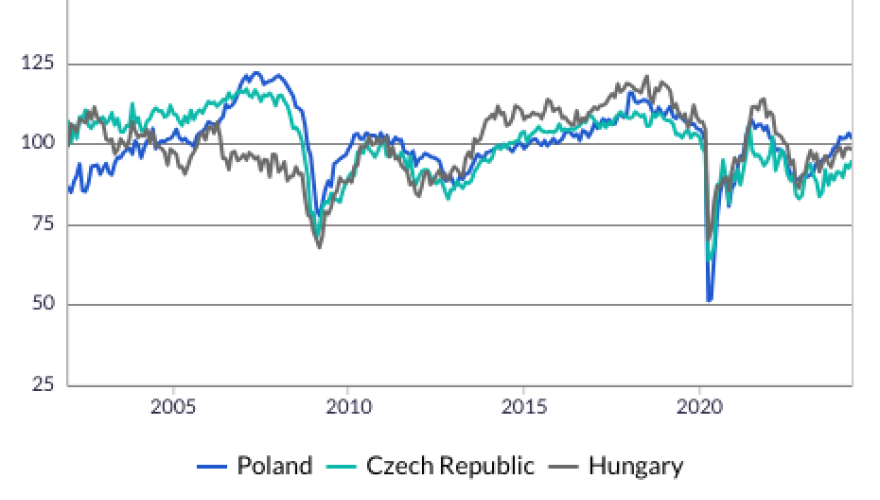
Global markets update
How demand and supply affect Treasury term premia
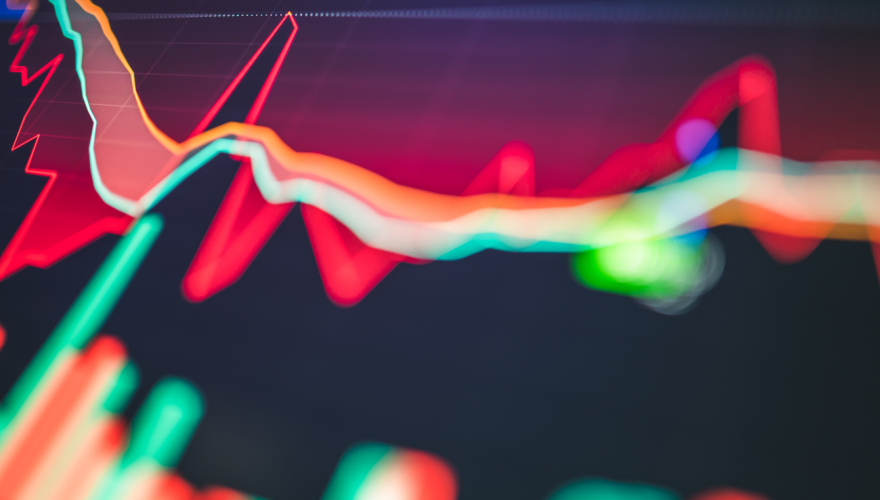
ANZ Weekly
How demand and supply affect Treasury term premia
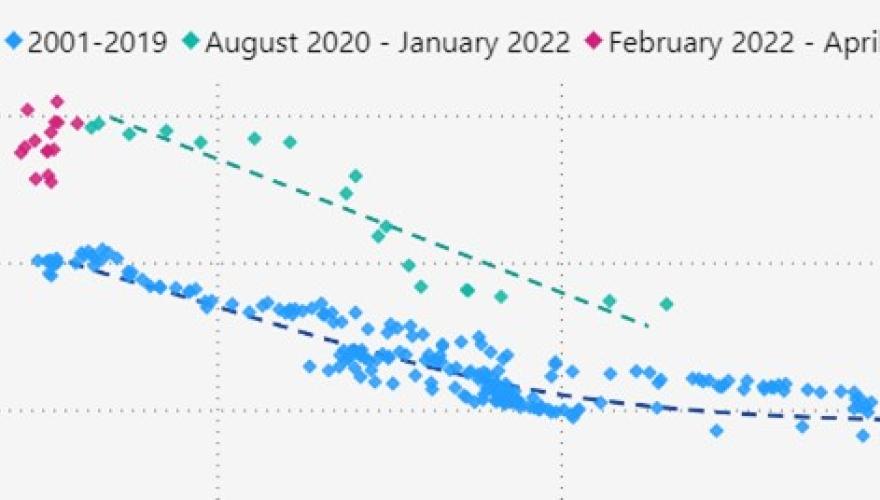
Euro-zone focus
Assessing the outlook for euro-zone “peripheral” spreads
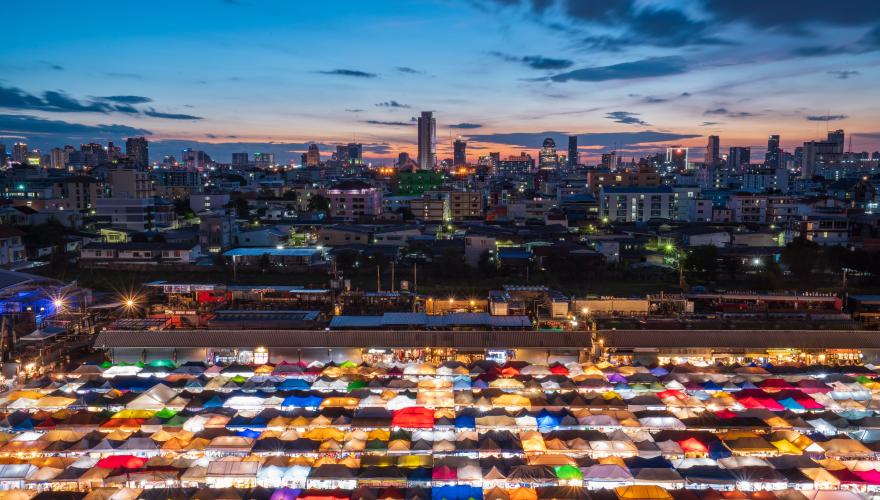
EM Update
